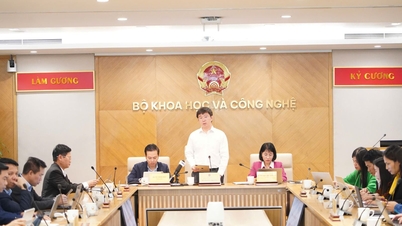Thai carriers Dtac and True completed their merger to form True Corporation (TC) in early March. Under the deal, TC will have 33.8 million subscribers from TrueMove H and 21.2 million from Dtac, and aim to provide 5G coverage to 98% of Thailand's population by 2026.
Like many other telecom companies, TC is looking at ways to drive value from data, including how to monetize data as an enterprise service.
Telecom customers generate a wealth of data from their website usage, calls, SMS, payments and location tracking. Yet the industry still sees the exploitation of this vast amount of data as “risky”.
One of the biggest concerns is operator reputation. “Clearly, telecom operators don’t want to put their core business at risk,” said Pedro Uria-Recio, director of analytics and AI at True Digital.

However, this activity could very well become a new avenue for profit, as long as companies have the right data governance mechanisms in place, such as for use in advertising, credit and insurance, adding to their corporate customer databases.
Marketing advertising
When it comes to advertising, which is now the primary means of monetizing customer data, “telcos have missed the boat in many ways,” Uria-Recio admitted. But he pointed to new opportunities, including a recent joint venture between Orange, Vodafone, Telefonica, and Deutsche Telekom, which is looking to monetize data for marketing and advertising purposes, using advertising IDs derived from subscribers’ phone numbers.
Telecom companies' data gives them a complete view of their customers, which can be broken down into four main categories: demographics, geography, interests and behavior. However, to become a sustainable business model, operators will need much more data.
Credit rating
“As a telecom company, you can capture some of the book value of the loans, especially in countries where the population is not very banked,” Uria-Recio said. “Lenders may then need the carrier’s credit rating to access the customer.”

Telecom companies can use their payment systems to assign credit ratings based on whether a customer is on prepaid or postpaid service. For example, TC, in collaboration with an external partner, offers loans through the company's mobile wallet.
“Enriching” data
Data enrichment allows businesses to access customer information they previously collected from “cookies.” Uria-Recio described this as an emerging area, and telecom companies will need to find ways to share data in a way that complies with data privacy rules and regulations.
To avoid providing personally identifiable data, telecom companies could create a real-time map of user numbers in different locations and share it with outdoor marketing partners. Another option is to ensure that data-using companies obtain explicit consent from users each time they are asked to share identifiable information.
For example, a retailer running a marketing campaign might ask customers to share information from their telecom operator, by adding their phone number in exchange for a coupon.
Another approach is to allow the telecom company and the third party to pool data without revealing it to each other on an encrypted server. Then, even the administrator accessing the data would not be able to identify it because it is encrypted and mixed with data from other companies.
“It’s early days, but if companies can share data in ways that are compliant with privacy regulations, and also value that resource, a data economy will be created,” Uria-Recio concluded.
(According to Inform)
Source


![[Photo] General Secretary To Lam receives the Director of the Academy of Public Administration and National Economy under the President of the Russian Federation](/_next/image?url=https%3A%2F%2Fvphoto.vietnam.vn%2Fthumb%2F1200x675%2Fvietnam%2Fresource%2FIMAGE%2F2025%2F12%2F08%2F1765200203892_a1-bnd-0933-4198-jpg.webp&w=3840&q=75)
















































































































Comment (0)